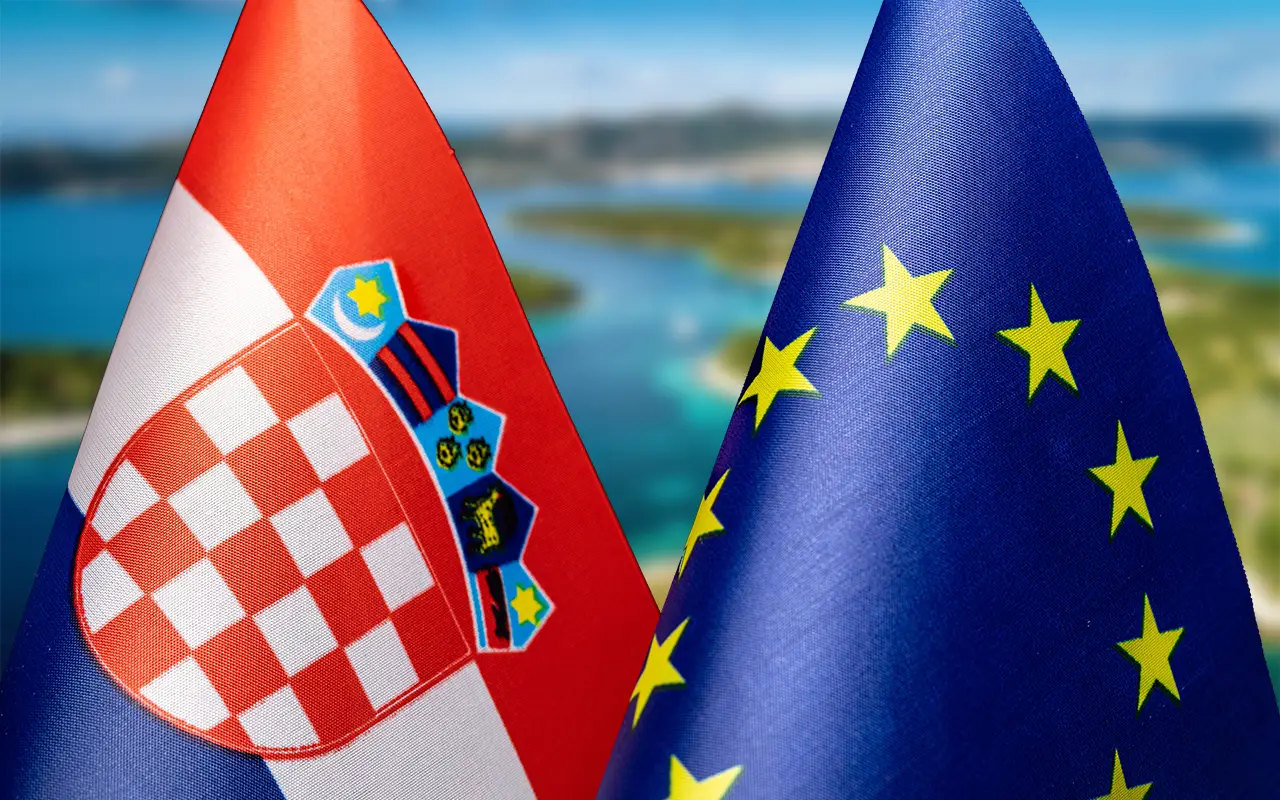
On 1 January 2023, Croatia finally became part of the Eurozone and the Schengen area.
This implies both the full adoption of the euro as a currency in Croatia and the removal of all internal borders between Croatia and the rest of countries in the Schengen area.
Croatia went through the Schengen evaluation process from 2016 to 2020. In 2021, the European Council confirmed that Croatia met all the conditions to join the Schengen area, but didn’t decide to fully apply the Schengen acquis in Croatia until 8 December 2022, after the European Commission insisted on the full participation of Croatia in the Schengen area in a communication published on 16 November 2022.
The Council set this decision to come into effect from 1 January 2023.
Checks at internal land and sea borders between Croatia and the other countries in the Schengen Area have already been lifted. Checks at internal air borders will be lifted on 26 March 2023 to coincide with the dates of the International Air Transport Association (IATA) summer/winter time schedule.
“From this Sunday, citizens driving to and from Croatia can start traveling without internal border controls. Schengen enlargement makes us stronger, and Croatia can now fully contribute to a more prosperous and resilient Schengen area,” said President of the European Commission Ursula von der Leyen. “On the same day, Croatians are joining a community of 347 million Europeans who are using the euro in their everyday lives. This is a major achievement for Croatia, a symbol of its deep-rooted attachment to the EU, and a symbolic moment for the euro area as a whole”.
Croatia was given the green light to join the euro in 2022. The European Commission stated that Croatia met all the criteria to adopt it in its 2022 Convergence Report, something that the European Central Bank’s own Convergence Report supported. Finally, in July 2022, the EU Finance Ministers took the formal decision that opened the way for Croatia’s adoption of the euro.
Now, the euro will gradually replace the Croatia kuna, which will be exchanged at a conversion rate of 1 euro for 7.53450 Croatian kuna.
Changes will be delivered in euro even if the payment was made in kuna.
Croatian people will also be able to exchange kuna banknotes and coins for euro banknotes and coins at the Financial Agency and post offices until 30 June 2023, and in commercial banks until 31 December 2023.
About 70% of automatic teller machines (ATMs) in Croatia already distribute euro banknotes.
“The euro will bring great economic and social benefits to Croatia’s people and businesses. It will lower barriers for companies, reduce costs for importers and exporters – leading to more choice and better prices for consumers. Together with Schengen membership, adopting the euro will give an extra boost to Croatia’s crucial tourism sector”, said Valdis Dombrovskis, Executive Vice-President of the European Commission for An Economy that Works for People and European Commissioner for Trade.
Comments (0)
No comments found.